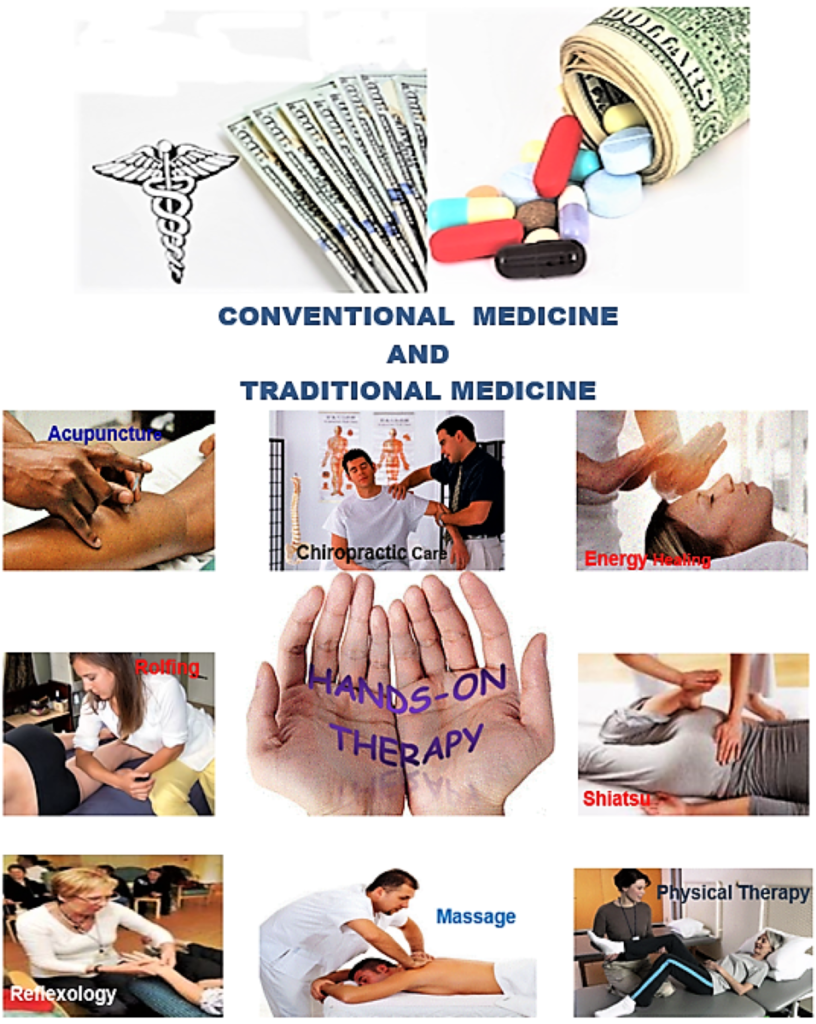
Holistic Approaches as Complementary Allies:
Holistic practices such as acupuncture, yoga, meditation, and herbal remedies have long been recognized for their potential to alleviate pain. Integrating these approaches with conventional medical treatments creates a synergistic effect, addressing not only the physical symptoms but also the emotional and mental aspects of pain.
Mind-Body Connection in Conjunction with Medical Interventions:
Mindfulness-based stress reduction (MBSR), cognitive-behavioral therapy (CBT), and other mind-body approaches can enhance the effectiveness of medical treatments. For example, individuals undergoing surgeries or medical procedures may benefit from incorporating mindfulness techniques to manage preoperative anxiety and postoperative pain.
Combating Side Effects with Holistic Support:
Many conventional pain medications come with potential side effects. Holistic approaches can play a vital role in mitigating these side effects. For instance, yoga and gentle exercise may improve mobility and reduce the muscle stiffness associated with certain pain medications.
Embracing Individualized Treatment Plans:
Every person’s experience of pain is unique, and a one-size-fits-all approach may not be effective. Integrative medicine allows for the creation of individualized treatment plans that cater to the specific needs and preferences of each patient. This might involve a combination of medications, physical therapy, and holistic practices tailored to the individual’s holistic well-being.
Empowering Patients in Their Healing Journey:
Integrating holistic nonmedical approaches with conventional medicine empowers patients to actively participate in their healing journey. Education about alternative therapies and lifestyle changes fosters a sense of autonomy, allowing individuals to make informed choices about their pain management.
Addressing the Root Causes:
Holistic approaches often focus on identifying and addressing the root causes of pain, whether they be lifestyle-related, emotional, or environmental. By combining these insights with the diagnostic and therapeutic tools of conventional medicine, a more comprehensive understanding of the pain experience emerges, leading to more targeted and effective interventions.
The integration of holistic nonmedical approaches with conventional medicine represents a progressive and patient-centered approach to pain relief. By combining the strengths of both paradigms, we move closer to a more holistic understanding of pain, acknowledging its physical, emotional, and mental dimensions. This harmonious integration not only enhances the efficacy of treatments but also fosters a more comprehensive and compassionate approach to healing.
Are you tired of relying on medication to manage your pain? Ready to embrace a life free from the constraints of prescription drugs and experience true relief? Don’t let your pain control you any longer – reclaim your life, vitality, and happiness. Sign up now for your FREE consultation, and take that first crucial step toward a brighter, pain-free future. Your new beginning awaits – seize it today!
